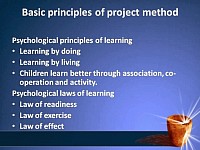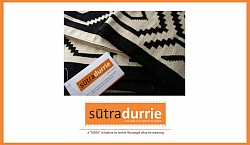Strategies of coping with learning deficit.
Combining school activities in a meaningful way
Children with developmental lag ,that we often associate with them as falling short of expectations isn’t always true. We need to be patient enough to decipher the type of learner , he or she is. Some children may have adapted themselves to the ongoing online learning , simulated learning situations doesn’t bother them and they easily fulfil the learning tasks assigned pretty easily .
While the rest may have had some difficulty in focusing on a small screen, especially if it is on the phone, yet are intelligent enough in creative activities.Instead of raving and ranting , over the formalised formative and summative evaluations , and making the child look a failure, it’s much easier for the teacher to group children according to their levels of intelligence, be it kinaesthetic, musical, visual, auditory , concrete intelligence to abstract spatial intelligence, cognitive strategies can be worked at ,for each type of a learner.
As an eg, if a child is interested in art and craft work, surely we can integrate Math, English, EVS, Anthropology and Science to that of digital art or even computer application.
Let's take another example , through the study of Music, one can build aesthetic intelligence, math, science , history and geography, EVS, and the lingua Franca of decades earlier and so also the nature of philosophy prevailing in those times. Music can be combined with kinaesthetic activities, a song can be depicted in interesting ways, like “ we are the world , we are the people” developing thus the spirit of philosophical thinking of universal love and the socio emotional intelligence that is inherently developed through the teaching -learning sessions .
Similarly children can be sent on nature trail to develop their concrete intelligence and bring about the objects , pictures , information on what they have been interested on their trail.
Method:
Flash cards
sequence cards
questioning
completing a comprehension paragraph
fill in the blanks
multiple choice tests
One word to a sentence answers
match the following
encourage more of spoken language rather than only writing
improving reading abilities through contextual clues.
improving thinking through work sheets
improving analytical skills
enhancing project learning
improving memory , immediate, short term to long term memory through random questioning on passages already read.
Strengthen one language skill at a time. Language and culture go hand in hand, so too many languages would only confuse the child.




